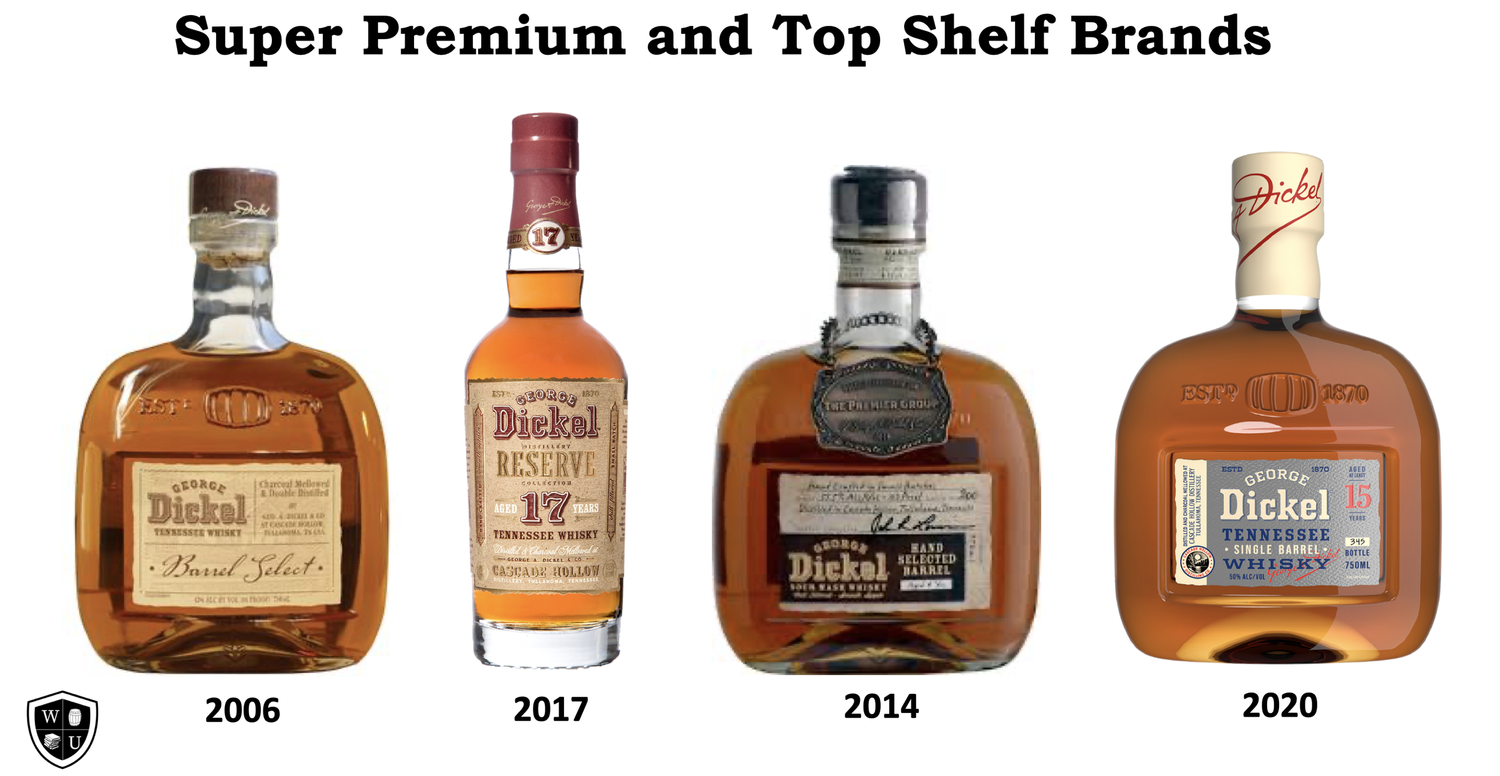McLin Davis
McLin Hezikiah Davis was born in Tullahoma, Tennessee, on September 12th, 1852. McLin was a local businessman in the area who had only minor and casual connections to Cascade Whisky as far back as 1870. At that time, the spirit was made by local farmers John F. Brown and F. E. Cunningham.
George Augustus Dickel, a successful Nashville merchant, created a wholesale company that bought barrels of whiskey directly from several regional distillers, including Cascade, and distributed them in barrels, jugs, and bottles to the public. As time went on, their purchases of whiskies used in rectifying became more and more centered around only Cascade Whisky. Dickel and his brother-in-law Victor Emmanuel “Manny” Shwab became the largest buyer and distributor of that whisky, and soon, McLin asked Dickel to be a local partner in the town where the distillery was located.
Recognizing the popularity of the whiskey, Dickel and Shwab purchased a two-thirds interest in the distillery in 1878, and eventually George A. Dickel & Company became the sole distributor of the whiskey. The following year, the distillery would bring McLin Davis on board as a partner and made him their first Master Distiller.
Davis is credited for establishing George Dickel whiskey with a very high corn content, low-rye recipe that is still used today, having a mash bill of 84% corn, 8% rye, and 8% malted barley. McLin would work for the company in many capacities over a twenty-year career.
George Dickel passed away in 1894, while McLin Davis died on April 1, 1898, while on a business trip to Battle Creek, Michigan, at the age of only 45. He is buried at the Oakwood Cemetery in Tullahoma, Coffee County, Tennessee. His son Norman Hezikiah Davis took over his father’s position, but never really had the drive to be a distiller. He subsequently sold his inherited shares of the company to his Uncle Shwab, who then owned 100% of the Distillery.
Norman may not have been a very good distiller, but he became wildly successful after departing Dickel; first as a businessman and then as a diplomat. He turned the money he had acquired from the sale of his Cascade shares into a fortune as a businessman living in Cuba as he facilitated trading between that country and the U. S. When he returned to the United States, he entered the public sector at the federal level. For the rest of his life, he operated at the highest levels of international diplomacy and finance. Among his assignments, he served as President Woodrow Wilson's Assistant Secretary of Treasury (1919 to 1920 )and later as Undersecretary of State (1920 to 1921). He was a member of the American delegation that went with President Wilson to Paris for the Versailles Peace Conference.
Contributed by: Col. CRaig Duncan, Columbia, Tennessee





